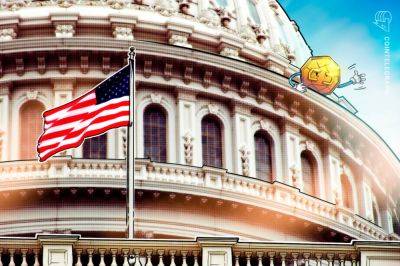Coinbase Lawyers Claim Biden Student Loans Ruling Strengthens Defense Against SEC
Coinbase's legal team argued in a recent legal filing that a recent U.S. Supreme Court judgment on student debt cancellation supports their fight against SEC charges of operating an unregistered securities venue.
The Securities and Exchange Commission (SEC) filed a lawsuit on June 6, accusing Coinbase of violating federal securities law.
However, Coinbase contends that the lawsuit is an attempt by the SEC to exert excessive control over the digital asset industry.
Coinbase highlighted the significance of a recent Supreme Court ruling on student debt cancellation shortly after the exchange presented its initial defense.
The ruling, Biden v. Nebraska, concluded that the Secretary of Education exceeded his authority by canceling approximately $430 billion in student debt.
This decision emphasized the legal doctrine that government agencies must have explicit congressional support when making decisions of significant economic or political importance.
Coinbase argues that the implications of this ruling extend to its case, as lawmakers have yet to establish clear regulatory frameworks for the cryptocurrency industry.
The exchange asserts that the SEC's lawsuit represents an attempt to exert excessive control over digital assets without the necessary guidance from Congress.
Coinbase, in its legal filing, argues that the SEC lacks the "clear congressional authorization" necessary to exert regulatory control over digital assets.
The company points to ongoing congressional deliberations concerning regulatory frameworks for the digital asset industry, including a bipartisan bill that favors the Commodity Futures Trading Commission (CFTC) over the SEC.
The SEC maintains that digital assets like Solana (SOL), Cardano (ADA), and Polygon
Read more on cryptonews.com






















